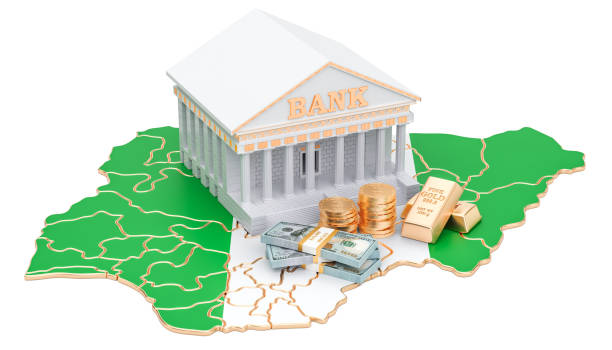Nigeria’s Reserves Hit New High
Nigeria’s foreign exchange (FX) reserves have reached $34.14 billion, marking a 4.06% increase from $32.74 billion on June 3, 2024.
This data, released by the Central Bank of Nigeria (CBN), highlights a significant improvement in the country’s financial standing.
Join our WhatsApp ChannelWorld Bank Loans Fuel Growth
The boost in reserves is largely attributed to recent loans from the World Bank. In May, the Bureau of Public Enterprises disclosed that the Federal Government secured a $500 million World Bank loan to enhance the country’s electricity distribution sector.
Additionally, the World Bank announced a $2.25 billion support package aimed at stabilising Nigeria’s economy.
“This combined $2.25 billion package provides immediate financial and technical support to Nigeria’s urgent efforts to stabilise the economy and scale up support to people with low-income and most economically at risk,” stated the World Bank. “It further supports Nigeria’s ambitious, multi-year effort to raise non-oil revenues and safeguard oil revenues to promote fiscal sustainability and provide sufficient resources to deliver quality public services.”
Significant Reserve Increase
These financial injections have contributed to an increase of over $1 billion in Nigeria’s external reserves within a month.
This marks a stark contrast to last year’s dollar shortage, which led the CBN to float the naira to boost foreign exchange inflow.
READ ALSO: Nigeria’s FX Reserves Rises To $32.8bn After 10-week Slump
Naira Faces Challenges
Despite the positive trend in reserves, the naira has faced significant challenges. Over the past year, the local currency has depreciated by over 300%, reaching 1,514.31/$ at the Nigerian Autonomous Foreign Exchange market as of Friday.
A Bloomberg report identified the naira as the worst-performing currency globally in the first half of 2024, citing devaluation, insufficient dollar liquidity, and market volatility as key issues.
Global Currency Comparison
The report also highlighted that, besides the naira, Egypt’s pound and Ghana’s cedi were among the worst-performing currencies in the first six months of the year.
“The naira’s performance is the worst among global currencies tracked by Bloomberg beside that of the pound in Lebanon, which is undergoing an economic crisis and witnessing dollarisation,” the report noted.
Efforts to Stabilise the Currency
CBN Governor Olayemi Cardoso expressed cautious optimism about the progress in stabilizing the naira. “I do believe that we have more or less seen the worst in terms of volatility,” Cardoso told Bloomberg TV. He noted that the naira’s recent losing streak is the longest since July 2017, bringing the decline since the start of the year to 40%.
CBN Initiatives
The CBN has implemented several measures to improve dollar supply and stabilise the naira. Recently, the apex bank announced that International Money Transfer Operators (IMTOs) could access the official window to sell forex.
In a circular, the CBN stated that this move would enable IMTOs to access naira liquidity at the official window, facilitating timely settlement of diaspora remittances.
Earlier this year, the CBN stopped banks and fintechs from international money transfer services but resumed dollar sales to bureau de change operators in February to boost retail forex market liquidity, allocating $20,000 to each eligible BDC operator.
Looking Forward
As Nigeria continues to navigate its economic challenges, the recent increase in FX reserves and ongoing efforts to stabilise the naira provide a cautious sense of optimism for the country’s financial future.
Emmanuel Ochayi is a journalist. He is a graduate of the University of Lagos, School of first choice and the nations pride. Emmanuel is keen on exploring writing angles in different areas, including Business, climate change, politics, Education, and others.


















Follow Us